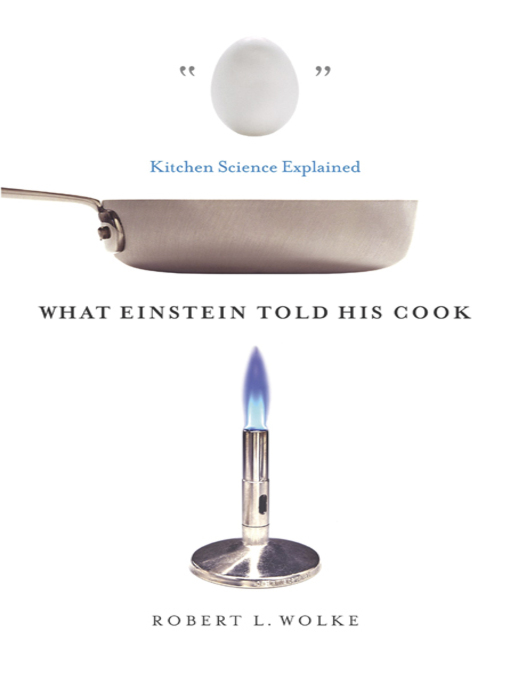Finalist for the James Beard Foundation Book Award and the IACP Cookbook Award
"[A]s good a read on the science of cooking as there is." —Mark Bittman, author of How to Cook Everything
"Wolke, longtime professor of chemistry and author of the Washington Post column Food 101, turns his hand to a Cecil Adams style compendium of questions and answers on food chemistry. Is there really a difference between supermarket and sea salt? How is sugar made? Should cooks avoid aluminum pans? Interspersed throughout Wolke's accessible and humorous answers to these and other mysteries are recipes demonstrating scientific principles. There is gravy that avoids lumps and grease; Portuguese Poached Meringue that demonstrates cream of tartar at work; and juicy Salt-Seared Burgers...With its zest for the truth, this book will help cooks learn how to make more intelligent choices." —Publishers Weekly

